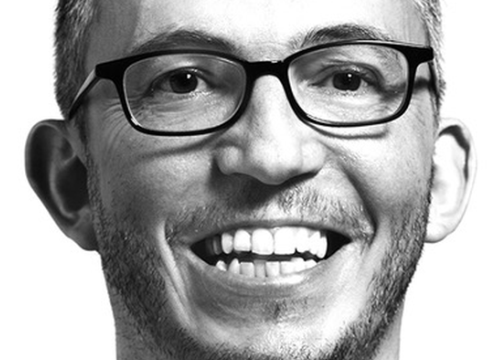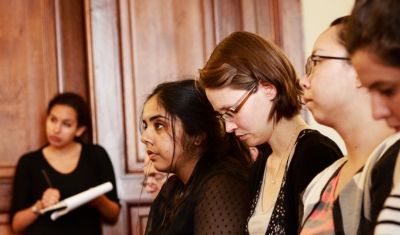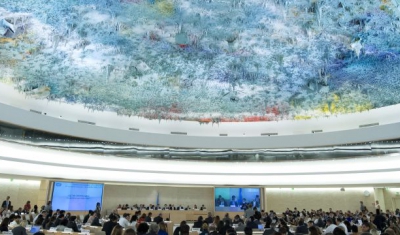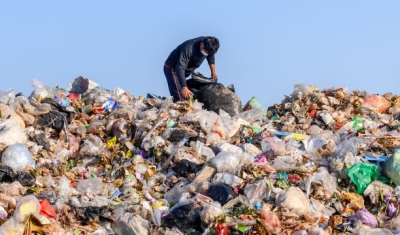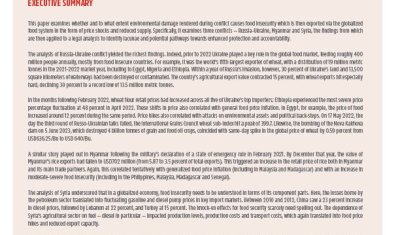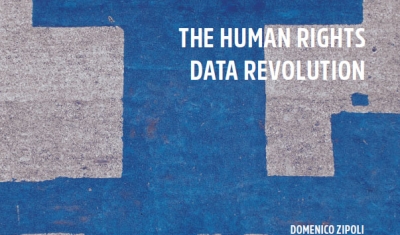Photographer Giles Duley Joins our Project on Disability and Armed Conflict
19 September 2017
The British documentary photographer and photojournalist Giles Duley joins our research project on the Disability and Armed Conflict .
Giles will travel to five case study states – Colombia, Democratic Republic of the Congo, Palestine, Ukraine and Vietnam – to document and tell the stories of persons with disabilities during and following armed conflict.
About Giles Duley
Giles’s work focuses on humanitarian issues, working around the globe with NGOs and international organizations like Médecins Sans Frontiers (MSF), the International Organisation for Migration (IOM) or the United Nations High Commissioner for Refugees (UNHCR) to highlight lesser-known stories deserving of public attention and action. His current project Legacy of War explores the long-term effects of conflict globally.
His new book I Can Only Tell You What My Eyes See documents the situation of refugees in Europe and the Middle East, attempting to put a human face to one of the biggest humanitarian crises of our time. Bringing together over 150 original photographs, this book captures how even in the midst of such horror and tragedy there is humour, the unexpected and, above all, humanity.
Giles’ work has been exhibited and published worldwide in numerous papers and magazines - including Vogue, GQ, Esquire, Rolling Stone, Sunday Times, The Observer and New Statesman - and he has talked about his experiences on television, radio and at several international and national events. His TEDx talk was voted one of the top ten TED talks of 2012.
About our Research Project
Approximately 500 million people with disabilities live in states affected by armed conflict. Conflict not only renders a person disabled directly, e.g. when a landmine blast amputates a leg, it also inflicts indirect harm since persons with disabilities may face physical and/or communication barriers to accessing emergency information and humanitarian assistance, rendering them more vulnerable to harm and potentially exacerbating a pre-existing impairment. Persons with disabilities are also at higher risk of injury or death during periods of armed conflict, either as specific targets or through insufficient support to allow them to flee the violence. Despite the high number of persons with disabilities affected by armed conflict and the particular support that they need, persons with disabilities are too often the forgotten victims of armed conflict.
This project aims to ensure better protection of persons with disabilities in situations of armed conflict and in its immediate aftermath by identifying the legal obligations to protect and assist persons with disabilities during conflict.
It has been awarded a research grant from the Swiss Network for International Studies (SNIS) and is being undertaken in partnership with Handicap International, the Institute for Biomedical Ethics at the University of Basel, Psychiatric University Clinics Basel and the UN Special Rapporteur on the rights of persons with disabilities.



